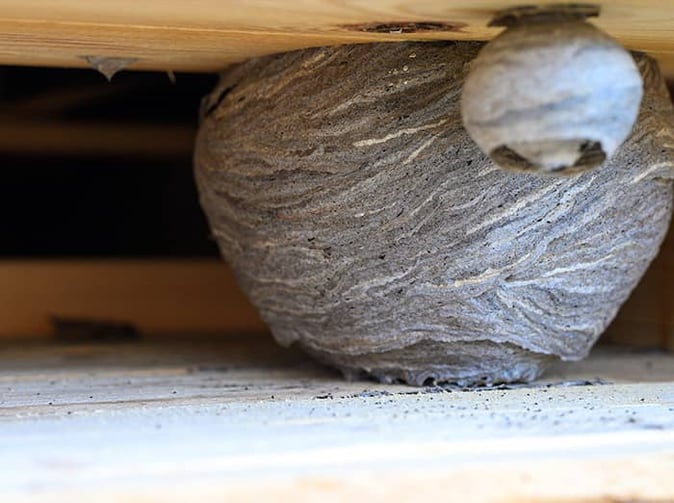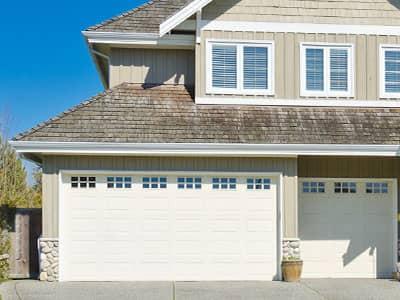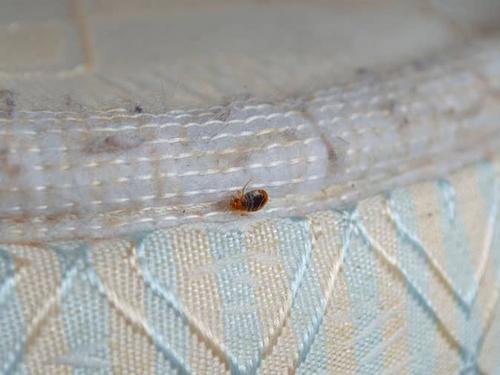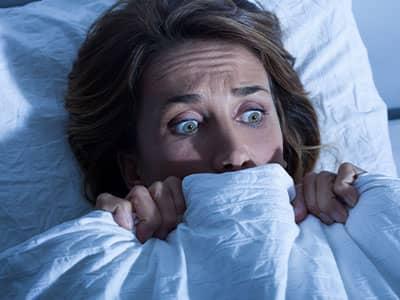Where Do Wasps Nest?
There are three primary locations where you may find wasps in Colorado nesting. Some wasps create ground nests, so you may find them buzzing around in your lawn and landscaping. Some wasps create nests in voids, and you may find them hovering around structural gaps. Some wasps create aerial nests, and you may see their nests under roof lines or on the ceiling of your porch. These quick facts will get you started, but there is more to know about where wasps nest and why. Let's take a look!

When is wasp season in Colorado?
In Denver, Boulder, and throughout our Colorado service area, the wasp season begins in early spring and continues throughout the warm weather months. Wasp activity increases later in the summer and may extend into the fall. As their nests grow and their natural food sources diminish, wasps are likely to become more aggressive. Early in the season, check your property for small gray paper nests on structures, and be vigilant for ground nests while mowing your lawn.
What attracts wasps?
If you've noticed wasps around your house, there's a good reason for it – something is attracting them. Wasps show up when there's a food source and a nesting site. The following list shows a few attractants:
- Garbage
- Human food
- Fruit trees and flowers
- Water, including pools, bird baths, and ponds
- Spiders and other insects
- Brush piles and logs
- Holes and openings on the exterior of the house
- Untreated wood
Common Colorado wasps
Yellow jackets
These small black and yellow wasps often build nests in landscaping and can be troublesome when maintaining your yard.
Bald-faced hornets
Though often called hornets, are actually wasps. They have a yellow and black, or white and black, coloration. In many ways, they behave like yellow jackets, but they have a propensity for creating aerial nests.
Paper wasps
These wasps are commonly found creating aerial nests on properties. They are typically brown with yellow legs or black and yellow like a yellow jacket.
A few other wasps to check into are mud daubers, European hornets, and Eastern cicada killer wasps.
Checking for wasp nests
Often, Colorado residents "notice" that they have a wasp problem. When wasps start to cause a problem, it is after a nest has developed. It is best to proactively check for wasp nests. Here are a few quick tips:
- Look for the gray blobs under the roof of your shed, your home roofline, air conditioning units, porch roofs, and deck boards.
- Look for wasps going in and out of structural gaps in your eaves, porch, deck, patio, home, or shed.
- Look for tiny wasps buzzing around above the surface of landscape soil.
- Look and listen for activity in your crawl space if you have one.
A few simple checks in spring and throughout the summer will help you catch trouble early.
What to do about wasp nests
When you encounter a developing wasp nest, refrain from knocking it down or removing it unless you are certain there isn't a large number of wasps around. If the nest is large and/or there is significant wasp activity, it is best to contact a pest control company for assistance.
Professional exterminators have the necessary equipment and expertise to deal with wasp nests without risking injury or other unwanted consequences associated with nest removal.
At EnviroPest, we provide home pest control services in the Denver metro, Colorado Springs, and Northern Colorado communities that not only eliminate ants, spiders, and other crawling insects, but also take care of wasps!
How home pest control prevents wasp problems
The best way to prevent wasp problems is by signing up for a home pest control plan. Here are a few reasons why:
- Home pest control service reduces the number of insects, which is what wasps feed on.
- Spider web removal deters spiders and removes hundreds of eggs that can turn into spiderlings, which are also food for wasps.
- Treatments to your exterior prevent wasps from creating nests inside structural voids or cavities.
- Treatments to key areas, such as where you place your trash receptacles, will keep wasps away.
- Routine inspections and simple suggestions will help you further reduce the chances of attracting wasp problems.
- Licensed pest control specialists check for wasps so you don't have to think about it.
For more information, contact EnviroPest today!

Testimonials
”
GETTING STARTED IS AS EASY AS 1-2-3
REQUEST FREE ESTIMATE
Pest Solutions For Homes & Businesses
We understand that pest problems can be unsettling and frustrating, but the solution shouldn't be. For over 55 years, we've been helping folks right here in Colorado take care of ants, spiders, mice, mosquitoes, wasps, bed bugs, bats and most other creepy crawly things. We'll get there fast to solve the issue quickly and affordably - Guaranteed.



